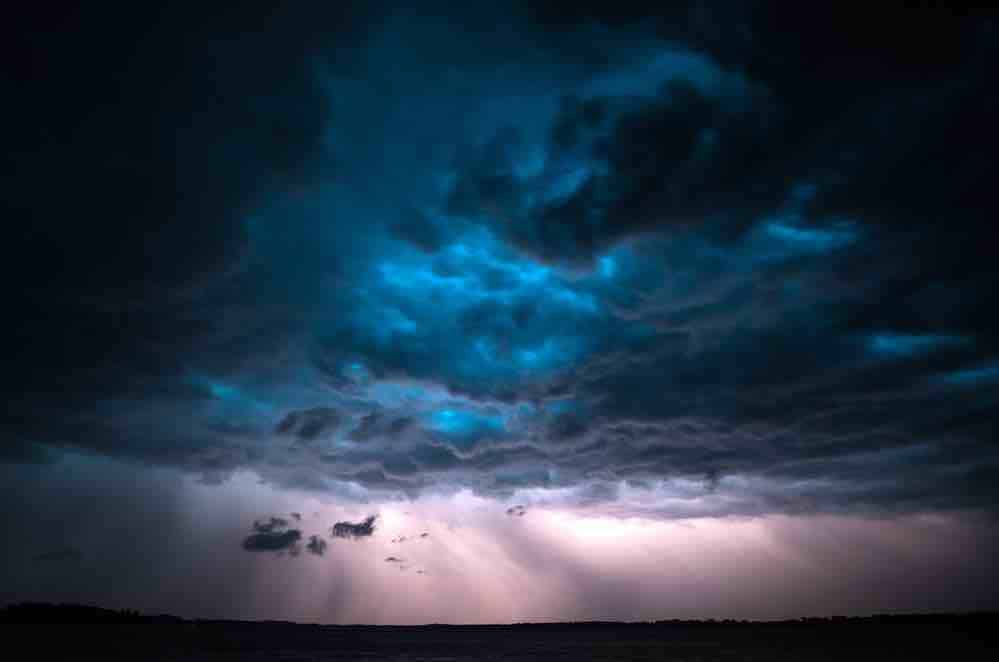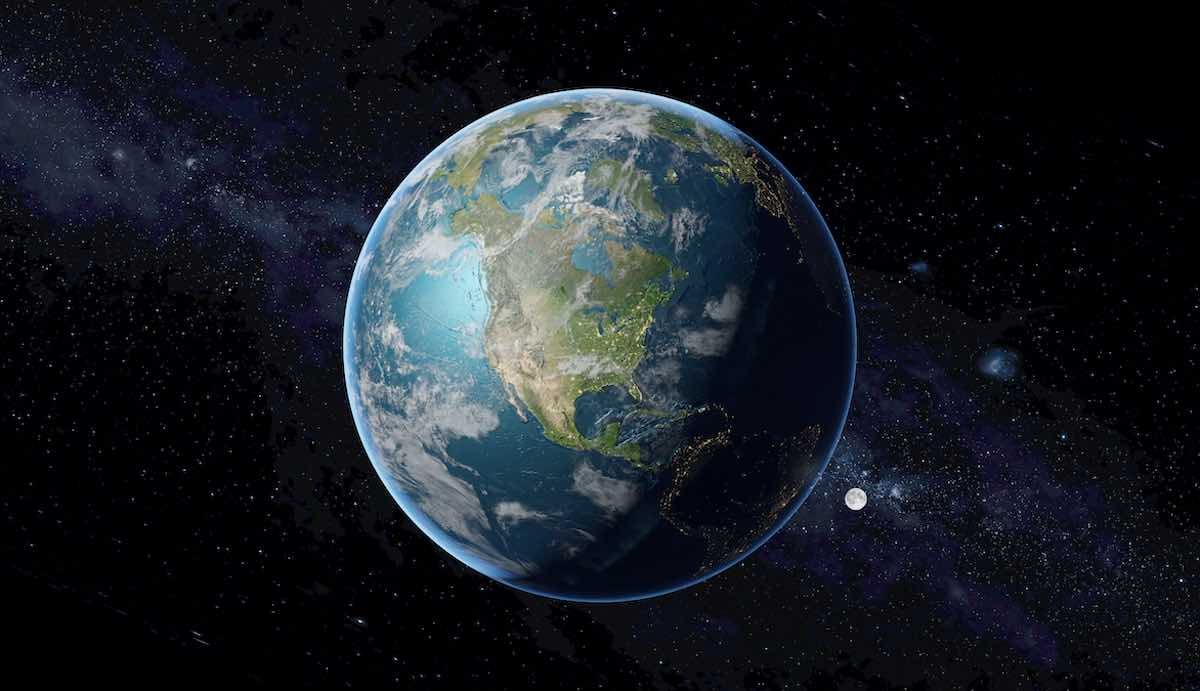

Oxygen will eventually disappear
It is not the scenario of a post-apocalyptic film, nor an imminent threat, but a very long-term scientific reality: our planet will eventually lose its oxygen. Even if this does not concern us directly, the implications are deep.
According to researchers from Toho University and NASA (Nexus for Exoplanet System Science), the earthly atmosphere may no longer be viable for complex life in about a billion years.
An inevitable atmospheric transformation


The disappearance of oxygen on earth will not result from a sudden cataclysm, but from a progressive chain of phenomena linked to the natural evolution of the sun. He will continue to warm up, as he has been doing for billions of years. As its temperature increases, carbon dioxide levels in the atmosphere will drop.
Solar warming will eventually break the co₂ molecules, thus reducing their concentration to the point that plants will no longer be able to perform photosynthesis. However, without photosynthesis, there will be no more oxygen production.
This mechanism, as simple as it is fatal, will lead to a slow desertification of the planet, which could eventually resemble what it was before the appearance of life: a simple uninhabited rock.
Programmed extinction
When plants disappear, the oxygen they produce will also stop existing. Animals, humans and any complex form of life depending on oxygen will be condemned to disappear.
This change would gradually start in around 10,000 years, but once started, it will be irreversible. The absence of oxygen will also mean the end of the ozone layer, which will expose the earthly surface to a deadly ultraviolet radiation.
-Most read articles on healthy and natural:
The return of microorganisms


In this impoverished oxygen atmosphere, only a few anaerobic microorganisms-which do not need oxygen to live-can survive. These rudimentary forms of life could constitute the only trace of long -term earthly biology.
The composition of the atmosphere will change deeply. While oxygen will disappear, methane concentrations will increase, making air more toxic and contributing more to the gradual disappearance of life. The land of the future will be radically different from that we know today.
One billion years to prepare
According to the simulations led by Kazumi Ozaki and Christopher Reinhard, this global upheaval should occur in about a billion years. However, its first effects could start to be noticeable long before. It is therefore not an immediate danger, but a fundamental data to understand the planetary evolution.
What it changes for us today


Even if no living human being will witness the end of oxygen on earth, this perspective pushes us to think about the fragility of our ecosystem.
It underlines how much life is based on a delicate chemical and climatic balance. This also has implications for the search for life on other planets: a habitable planet is not forever.
Nothing is eternal in the universe
This discovery reminds us of a universal truth: in the cosmos, nothing is frozen. Even the earth, the cradle of life for millions of years, has an expiration date. To be aware of this reality is also to accept our place in a universe in perpetual change.









